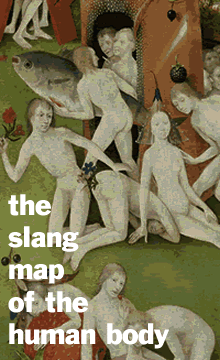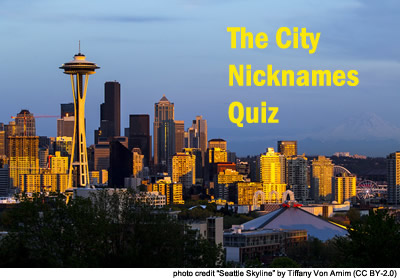floss
Definition: (verb) to show others your luxury goods to impress them
Example: Sandy, flossing with a crystal-studded lunchbox, was the coolest kindergartner at Roosevelt Elementary school.
Quote:
“Catch me flossin’ at the mall, talkin’ to a broad [woman]
She follow me to Gucci and I taught her how to ball”
Floss is a fairly new word, and though T.I. is describing the expensive items he’s wearing, it’s also common to see it written about cars. For example, in his 2007 autobiography, former top New York City drug dealer Azie Faison writes about some neighborhood boys he admired in his youth: “They were also the first young cats I saw making big paper [money] and flossing cars and jewelry.” But it’s not limited to gangsters and hip hop artists. A short piece on car accessories in mainstream men’s magazine Maxim uses the adjective form: “Whether you drive a Bentley or a Hyundai, there is nothing better than rolling on a set of flossed-out wire wheels.”
The word ball in those lyrics might seem ambiguous. It can have a sexual meaning, but it doesn’t here; the following line catalogs the new wardrobe T.I. bought at Gucci. In this sense, it is related to big baller (a big spender who lives a life of luxury). In fact, earlier in Swing Ya Rag, the rapper says, “I say whoa, kemosabe, big ballin’ is my hobby.” This line originally comes from a 1998 hit by New Orleans hip hop act Big Tymers, which starts out with a description of Manny Fresh’s Fleetwood Cadillac, demonstrating that he’s “money makin’…fo sho [for sure].”
As for the word “kemosabe,” (pronounced kee-mo-SAH-bee) although it appears in a contemporary song, that’s something most of my older readers will recognize as a synonym for trusted friend used in the Lone Ranger films, radio show and television series. (Which of those you remember most will depend on how old you are!) The word may or may not have ultimately come from a Native American language; Jim Jewell, an early Lone Ranger director, claims to have adopted it from the name of a summer camp in Northern Michigan. (For my international readers, American children’s summer camps are often given Native American names or ones that sound that way to camp directors.)



